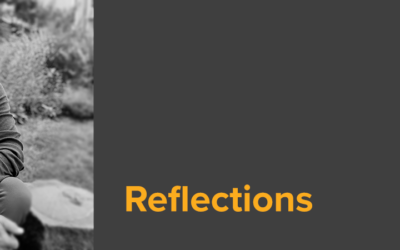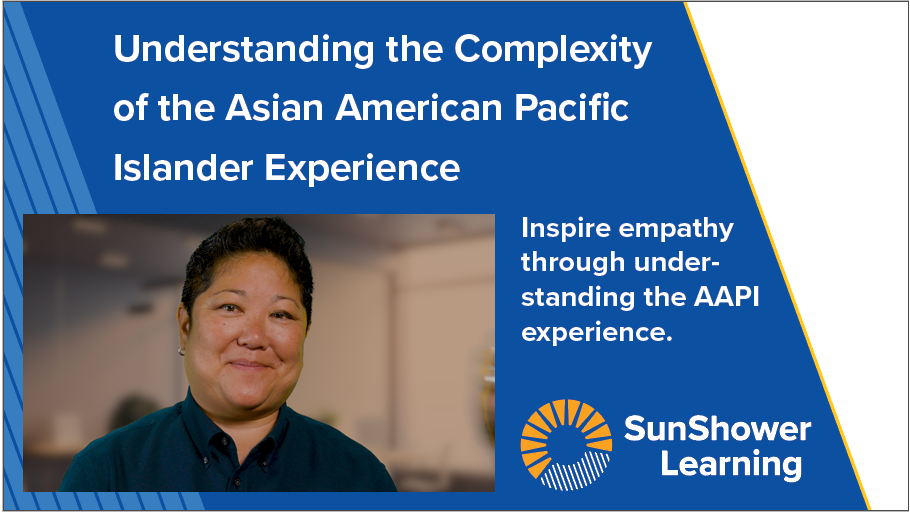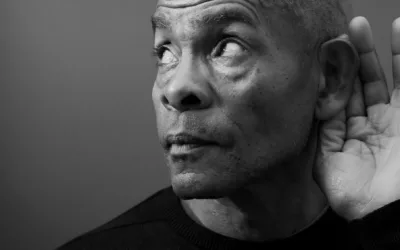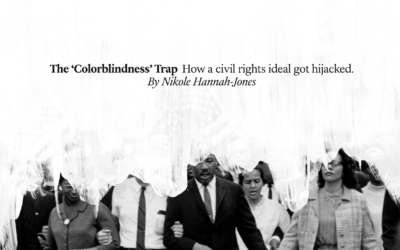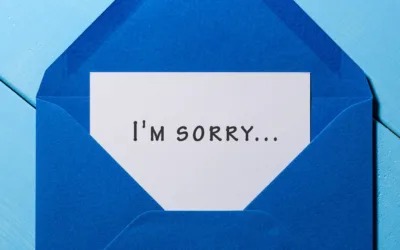Unconscious Bias in the restaurant business
Excellent article features Gerry Fernandez of MFHA.
This Workplace Issue Might Be Hurting Your Team. How to recognize and prevent unconscious bias in your restaurant.
Fast food workers experience negative job problems with racial and gender bias. Most operators have training systems in place to address issues like workplace diversity, and to ensure the restaurant is a friendly, non-discriminating place for employees and customers alike.
But while operators can protect against outright prejudice, more subtle favoritism or discrimination can also be a problem in foodservice hiring practices. Unconscious biases influence all interactions—personal and professional—but it’s especially true in an industry that employs and attracts people from across the spectrum of ages, colors, and creeds.
Recognizing this bias is the motivation behind the “Culture Matters: Managing Unconscious Bias to Improve Performance” workshop from the Multicultural Foodservice & Hospitality Alliance (MFHA) and the Cultural Intelligence Center. Hosted at Brinker International in Dallas on June 30, the half-day workshop targets general managers, unit-level managers, multiunit managers, HR managers, talent acquisition managers, and recruitment specialists.
“Everybody has bias, whether we like to admit or not. … If you’re a human being, your brain is wired to naturally put things into groups,” says Gerry Fernandez, founder and president of MFHA. “In our industry, because we have such a diverse and multicultural, multigenerational workforce, it’s even more important for us to get a sense of what biases we may have so we can manage them and control them and be sure we’re not overlooking quality talent.”
While unconscious bias can encompass any number of prejudices—physical appearance, schools attended, etc.—the most common are gender, race, and socioeconomic background, Fernandez says.
Prior to the conference, attendees will create a Cultural Values Profile and take a series of Implicit Association Tests, developed by faculty at Harvard University. These tests are designed to illuminate underlying beliefs or perspectives that participants are likely unaware of.
“Once you see your assessment, it’s pretty impressive,” Fernandez says. “It’s quite the deal to look at your own assessment and then be able to [say], ‘Wow, I didn’t realize I was that much out of step with some of the other people on my team.’”
An analysis of some 2.5 million people across the U.S., U.K, and 17 Western European countries indicated that engineering, sales, and food service experienced the highest level of racial biases. Although the specific source of these biases can be murky, the impact they have on the workplace is quite visible. One telltale sign is the degree by which white men are promoted more often than women and minorities, Fernandez says. Sometimes it’s a matter of self-promotion wherein certain groups are more inclined to be proactive than others in asking for new titles or raises. Other times it can be traced to managerial expectations, which can vary by gender, race, and background.
Fernandez points out that higher expectations generally lead to better results, so lowering the bar for certain groups proves counterproductive.
The source of these biases can also boil down to cultural differences, and understanding those nuances is key to taking action.
“The workshops are effective in the sense of increasing awareness, and that alone is valuable,” says Dr. Sandra Upton, vice president of educational initiatives at the Cultural Intelligence Center. “At the same time, you have to move beyond that and you still have to address—to have significant and sustainable results—the ‘so what.’ Now that I know I’m biased, so what? That’s where cultural intelligence comes into the conversation.”
Upton, who will lead next week’s workshop, adds that developing cultural intelligence (CQ) allows workers to adapt to thrive in any multicultural setting.
If bias is the negative side of a person’s worldview, then values might be the positive counterpart. Upton says it is important to have values, but it’s equally critical that people recognize when their values are negatively impacting interactions with others.
For example, American culture holds individualism as a core value, whereas Latino culture leans toward collectivism in which the success of the greater group overrides personal accomplishment, Upton says. These differences can lead to misconceptions of the former being too aggressive and the latter being too passive.
It might seem that the diversity within food service would make it a less biased industry, but the Harvard assessment showed otherwise. An analysis of some 2.5 million people who took the test across the U.S., U.K, and 17 Western European countries indicated that engineering, sales, and food service experienced the highest level of racial biases.
Upton says companies have strong incentives to confront this issue through special training and workshops. Beyond the intrinsic value of creating a more accepting and aware workplace, the results can translate to the bottom line
“There’s research that proves that individuals that have a high level of cultural intelligence … perform better,” Upton says. She adds that tech leader Google has worked with the Cultural Intelligence Center and invested millions of dollars to develop employees’ CQ.
Like Google, the onus to begin making these changes rests on the companies.
“It requires a willingness to be vulnerable, both at the individual level and the organizational level,” Upton says. “A company can have its employees go through unconscious bias training, and the training itself might be pretty productive, … but if your organization doesn’t make a commitment to make sure that culture and climate support that, then that really can undermine individual development.”
More From Our Blog…
My Mid-September Reflections
A moment of reflectionAs I sat down to write this email, I found myself scrolling through the mailing list and recognizing so many names—people I’ve had conversations with that still stand out. Whether it was about Ouch!, purchasing a license or discussing trends in...
The Great Detachment: Why Employee Engagement is at Risk—Especially for Gen Z
As described in a recent article entitled, “The Great Detachment is looming for employees, experts warn—especially for Gen Z” by Lindsay Dodgson, employee disengagement is becoming an increasingly critical issue for companies worldwide. With a staggering cost of over...
Understanding Employee Responses to DEI Initiatives: Insights and Strategies
A recent study sheds light on a previously underexplored aspect of DEI training. While much focus has been placed on the facilitators, trainers and the content of DEI programs, this study examines how employees actually respond to the training. Published in Harvard...
SHRM’s Removal of “Equity” From DEI Framework: A Step Backwards Amid Growing Backlash
In a stunning step in the wrong direction, the Society for Human Resources Management (SHRM), the world’s largest HR association, has removed “Equity” from its “IE&D” framework. What message does this send, especially amid strong pushback against Diversity, Equity...
Navigating the Shifting Landscape of Diversity, Equity and Inclusion Programs
In the midst of the evolving landscape of corporate diversity initiatives, there's a seismic shift underway. The once-prominent acronym "DEI" - representing diversity, equity and inclusion - is notably absent from many company discussions. As explained in the article...
A Groundbreaking New Course: Understanding the Complexity of the Asian American Pacific Islander Experience
With over two decades of experience in the educational sector, Hideko Akashi, founder and lead consultant at Liberation Consulting, has been a steadfast advocate for diversity, privilege, social justice, inclusion and equity. Now, she's opening a new chapter with the...
The Deafening Silence of DEI Allies: A Call to Action in Troubled Times
As we commemorate the legacy of Rev. Dr. Martin Luther King Jr., his poignant words echo through the corridors of history, reminding us of the profound impact of silence in the face of injustice.” In the end, we will remember not the words of our enemies, but the...
DEI LEAP: Empowering Leaders Through Turbulent Times
DEI LEAP: Empowering Leaders Through Turbulent Times As we all know, 2024 has brought a wave of attacks against DEI. A handful of outspoken critics, such as Elon Musk, are misrepresenting DEI and attacking the strategies and practices that are creating more equitable...
The Colorblindness Trap
Read. This. Article. It's important. The Color Blindness Trap: How a civil rights ideal got hijacked Nikole Hannah-Jones is a domestic correspondent for The New York Times Magazine focusing on racial injustice. Her extensive reporting in both print and radio has...
The Unbearable Lightness of the “I’m Sorry if You Were Offended” Apology
Have you ever come across that non-apology apology? You know, the one that goes, "I’m sorry if you were offended," or its close cousin, "I’m sorry that you…" These non-apologies aren't just weak; they can actually inflict more harm and exacerbate hurt feelings. They...

